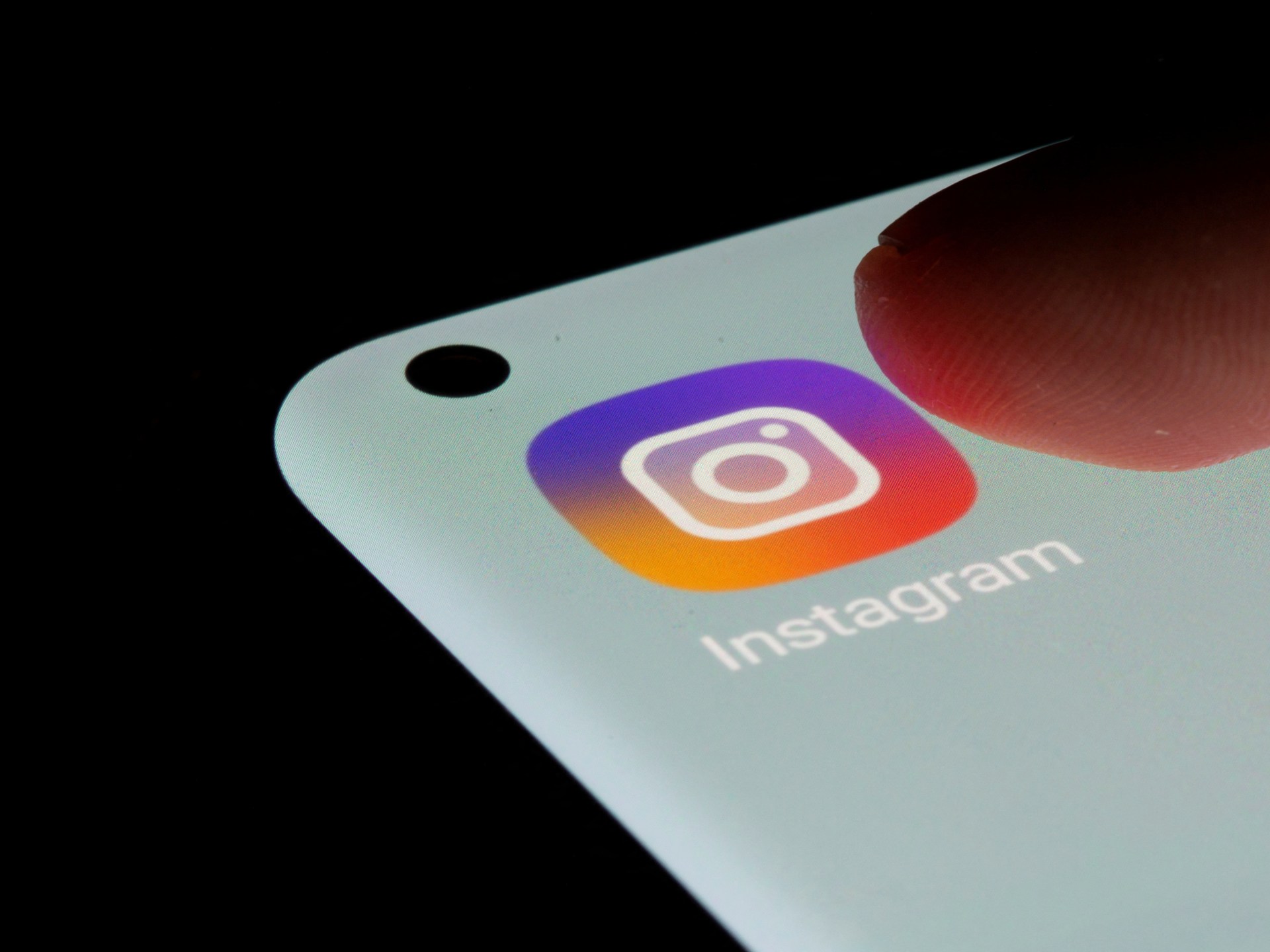How I stopped being a cartoonist and became a ‘troll’ | Israel War on Gaza
In the late 2000s, an editor kicked me out of his office because he didn’t find the cartoons I had offered for publication “funny”. I told him I was not trying to be “funny”, the situation wasn’t funny. What had angered him was the uncomfortable commentary I had offered in my sketches of the Arab youth’s growing frustration and the brewing tensions in the region. The editor did not feel that such opinions merited publication.
The incident only solidified my already existing conviction that there was no future for my political cartoons in traditional media. Plagued by narrow-minded editorial approaches and corporate control, TV channels and newspapers were no place for rebel art.
At about that time, social media was emerging as an alternative space for artists and publishers. It gave us access to diverse, unfiltered perspectives and a spectrum of opinions on any given issue.
Shifting my focus online, I joined the effort to challenge narratives and foster open discussions in this new virtual town square, which only expanded after the explosive onset of the Arab Spring. For the next decade, I produced a cartoon a day on topics ranging from the street protests in Arab countries and Omar al-Bashir’s eroding dictatorship in Sudan, to Arab solidarity with Colin Kaepernick, the American football player who got on one knee during the national anthem.
The openness and mobilisation power of social media platforms were thrilling for artists like me, but alas they did not last. Eventually, the avarice of the tech bros started to erode the virtual town square. In their pursuit of wealth in the form of user data, they created algorithms designed to keep people addicted to their phones and willing to produce and provide more and more data.
This transformed social media platforms into echo chambers where users are delivered only content that they would “like” or that reinforces their existing beliefs, which provides them with the comforting feeling that everyone is agreeing with them. As a result, users tend to stick to their views, rejecting discussions and “unfollowing” any perspective that could challenge them.
These algorithms effectively destroyed the very reason why I make cartoons: to have an open conversation about a certain topic. They – and their creators, the tech bros – became the new gatekeepers that restricted exposure to my art, just as conservative editors of traditional media had done more than a decade earlier.
Art, fuelled by creativity and the urge for free expression, shares the same driving force as innovation: the need to challenge the status quo. Over time, I could no longer bear the reactions to my cartoons – only likes and praises and no discussion, engagement or critique. As I started to feel suffocated on social media, I looked for a way to break out of the echo chamber.
In October, when Israel launched its genocidal war on Gaza, I took to my drawing board to express my solidarity with the Palestinian people. On social media – even with the suppression of pro-Palestinian voices – I still felt like I was preaching to the choir.
I wanted to get my work to as many people as possible, including those who would not immediately agree with it. So, in my pursuit of connecting with those unlikely to “like” my work, I took up some out-of-the-box strategies: namely, I became a “troll”.
On X (formerly known as Twitter) and Instagram, I started tagging my cartoon posts with opposing hashtags and engaging with Israeli accounts – be they pro-war, anti-war, artists, journalists, satirists or straight-up government-paid propagandists.
And so, I entered a parallel world, where users fervently posted about Israelis fighting for “justice” and “survival”, about being “shadow-banned” due to social media bias, about Europe and the US being “invaded by Muslim immigrants” who lead marches in “support of terror”, about mainstream media being “obsessed with diversity” and political correctness and not showing the “real picture”.
It was intriguing to witness what felt like a glitch in the matrix for both of me and them, being so accustomed to the comfort of spaces that confirm our biases.
I viewed these interventions as my new form of artwork since art, by definition, can take on various forms and is meant to disturb the comfortable. That was precisely my aim.
In my comments, I questioned the status quo and poked around “sensitive” issues, like the Palestinian right of return, the illegal Jewish settlements, the right to resist occupation, accusations of anti-Semitism, the slaughter of children in Gaza, etc.
The ensuing comment threads were lengthy, often filled with responses asserting that I didn’t understand the “complexities” and was painting the situation as black and white. Many times, I was directly accused of anti-Semitism.
A particularly impactful moment occurred when a popular right-wing account on Instagram I engaged with shared a screenshot of our conversation in an attempt to incite against me.
The aftermath of that was a surge in Israeli followers and direct messages, some calling me a “momo” – which is apparently a derogatory word used for Muslim – and accusing me of practising “taqiyya” – an Islamic term referring to committing a sinful act (especially dissimulation) for a virtuous purpose.
The latter has become a favourite reference for many Islamophobic accounts when they seek to assert that every Muslim is a “bad Muslim”, even when they say the “right things”. These DMs clearly came from accounts that aimed to insult and intimidate me, and not engage with my arguments or opinions in good faith; they, I guess, were the real trolls.
I also received an email from an organisation that had granted me a fellowship, informing me that they have been contacted multiple times – in what appeared to be a coordinated campaign – with requests to drop me as a fellow due to my “anti-Semitic behaviour”. The spurious complaints had failed to present any evidence to back up the claim, so they were disregarded.
This attempt to break out of the social media echo chamber did take a mental toll on me. But it was worth it. Many meaningful encounters came as a result.
I received some positive messages, appreciating my attempt to engage or asking for more information on the history and current issues of Israel-Palestine. Some of my new followers engaged in earnest conversations in the comments, others would watch my stories in silence. I witnessed a brief comeback of the open discussion that I so much missed and longed for.
Amid the sometimes draining back-and-forths with Israeli users, a question often came up: “What are you doing here? Why are you not keeping to pro-Palestinian spaces?” to which I would respond, “Because I want to talk to you.”
These encounters broadened not only my understanding but also that of – I believe – at least a few other people. It was worth the trouble to highlight the transformative potential of common spaces both in real life and the online realm. It was worth the trouble to fight the algorithm, break the echo chamber, and bring back the idea of a virtual town square – that democratic space, open to the exchange of ideas and free from profit-driven motives.
My unwavering belief in the power of art to challenge and provoke persists. This experiment of swapping cartooning for “trolling” as an artistic intervention reflects my conviction that we must dismantle barriers and engage openly with “the other side”.
It was an individual act of rebellion against the oppressive power of the algorithm. I won a battle, but the war is still being waged. My art remains imprisoned within the confines of the social media echo chamber.
We cannot continue existing in parallel timelines where competing and exclusionary narratives thrive, deepening divisions. The imperative now is to strive for a shared timeline that charts a common future. The urgency for a universal space of dialogue extends far beyond the Israel-Palestine issue; it is a global necessity.
The views expressed in this article are the author’s own and do not necessarily reflect Al Jazeera’s editorial stance.
Check out our Latest News and Follow us at Facebook
Original Source






